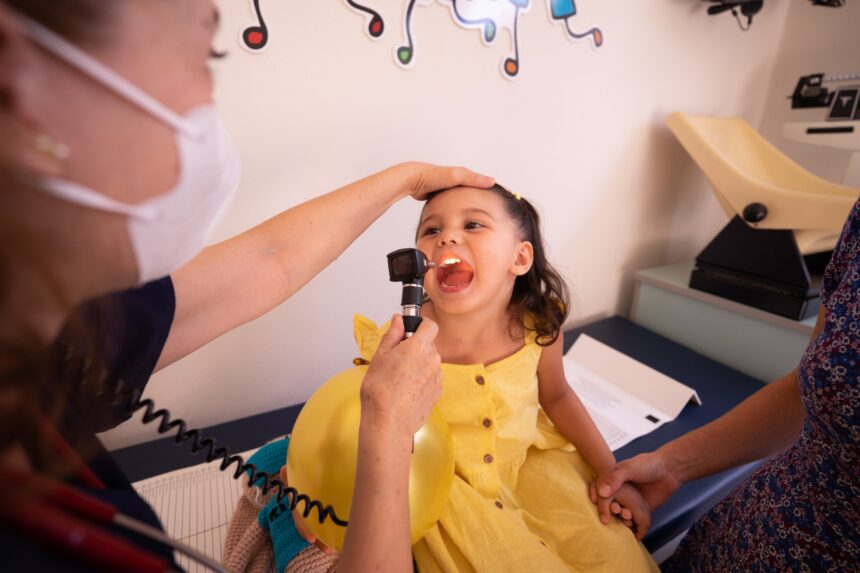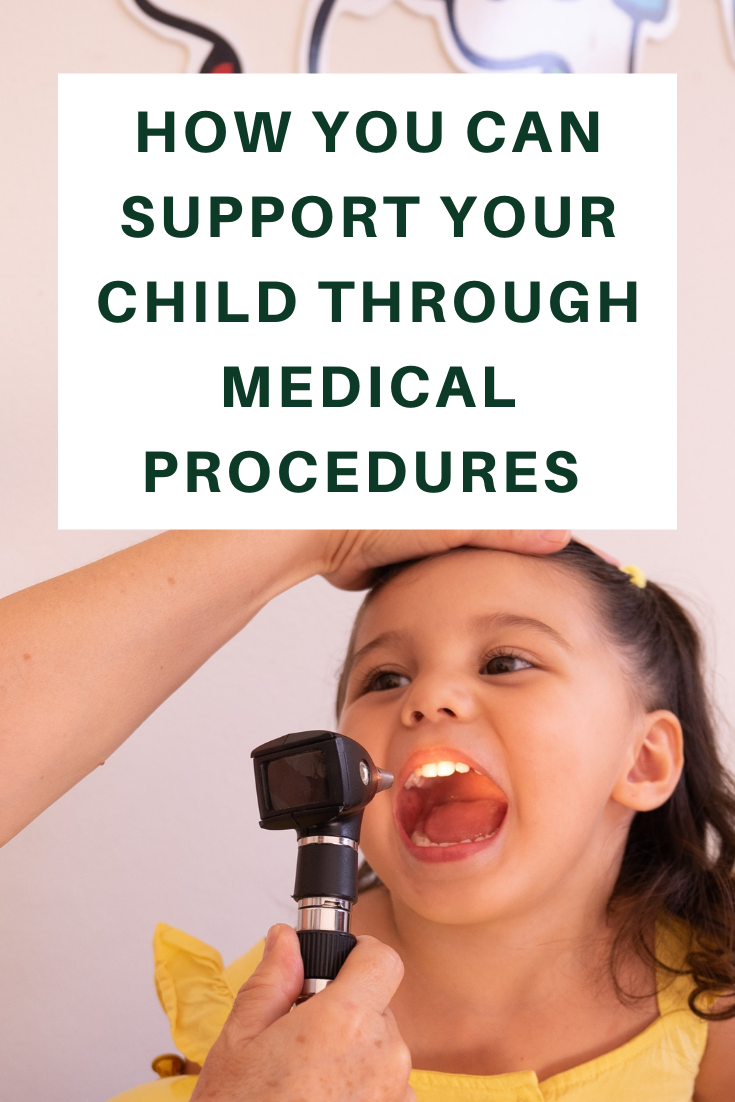Hearing there is something wrong with your child’s health is a big worry for parents. No one likes to think their child is suffering, but putting them through medical procedures can seem daunting despite being necessary.
Medical treatments can be upsetting and stressful for both you and your child, so prepare yourself beforehand. This includes getting an intravenous (IV) line for fluid or medicine, having a blood or urine test, having a wound or fracture treated, and having medical imaging done, among other things (e.g. x-ray, MRI, CT scan).
Luckily there are some simple ways you can support your child as they undergo these tests.
Be Open
Be honest about where you are going and what will be happening. Even if this is new to you, do your best to discuss openly what your child can expect to happen, so they have time to digest this information and prepare themselves for it. Tailor this to their age and include as much detail as you think they can realistically take on board. Tell them if the procedure is likely to hurt and how long it will take.
Prepare
Put together some activities to help keep the mind off things while you wait, such as toys, books, teddies etc. try to talk to them about different things to keep you both calm and as relaxed as possible during your visit to the hospital or doctor’s office. This can help them to focus on something other than what is happening around them.
Be Proactive
Get ready for the appointment by looking at what you can do to help your child be as comfortable as possible. This can be from giving them paracetamol before the treatment to reduce any pain or soreness once it is over with. It could be buying tattoo numbing cream to numb the area they have treatment, such as needles for injections or blood. Make sure they have been fed and have enough to drink before you arrive if allowed so they won’t be needing a big meal or plenty of snacks while you wait.

Support Them
If this is the first time they are having medical procedures, or any treatment of this nature, it is only natural for them to be scared. However, they will look to you as their parent to give them the comfort and reassurance they need to help them get through this.
Keep calm yourself and talk to them and occupy them as much as possible to take away any fear and worries they might have. Avoid brushing off what they’re feeling or using harsh words or actions, as this can make them feel more frightened and alone during what is already likely to be a scary time for them.
Reassure them and praise them for being brave
The trick to preparing your child for non-invasive or even invasive procedures is to make sure you can support them as they need it and push your fears to one side to make them as comfortable as possible.
*This is a collaborative post

